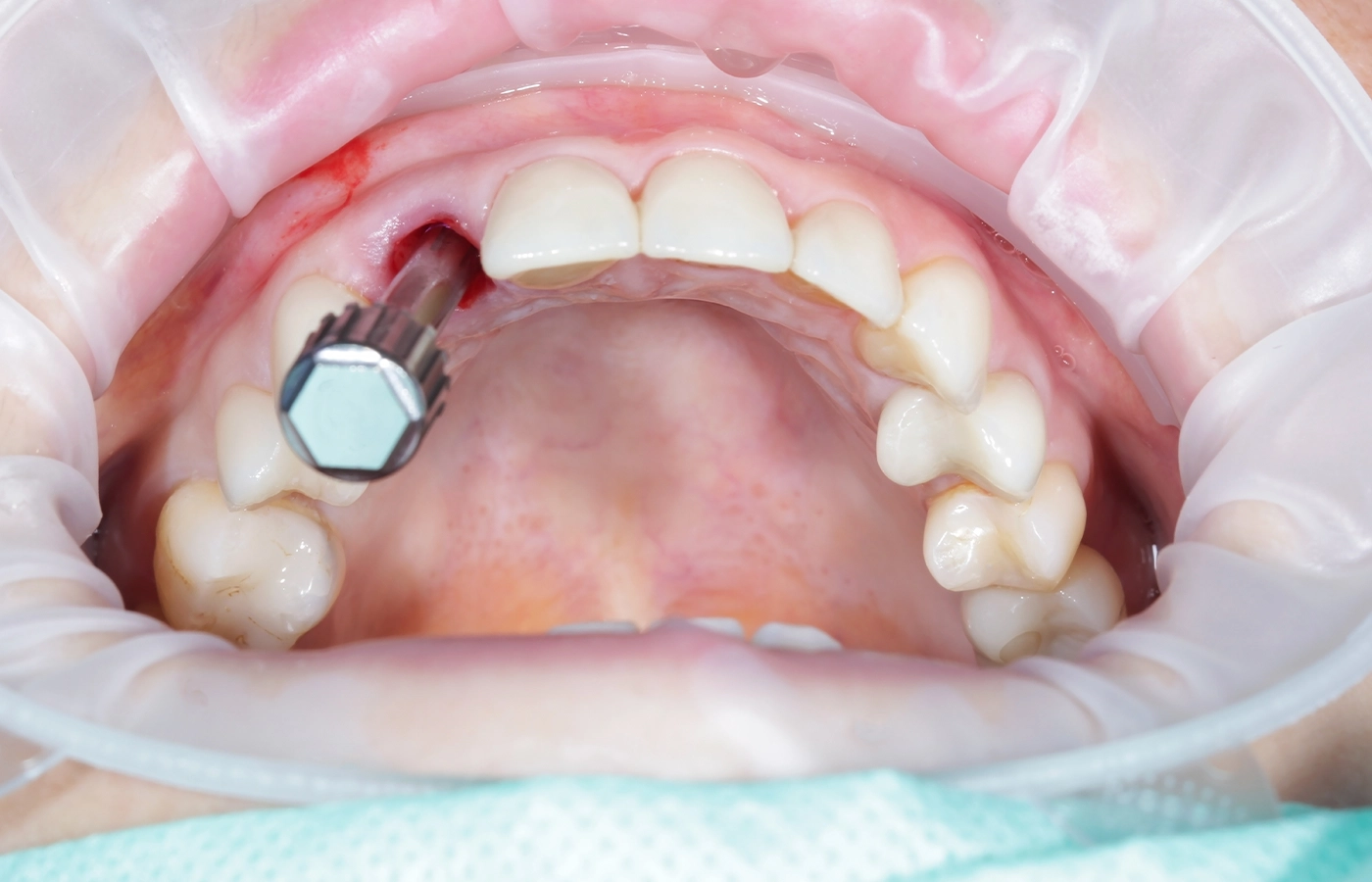How Long Do Dental Implants Last?
Dental implants are a popular solution for replacing missing teeth. Many patients considering this option often wonder, how long do dental implants last? The longevity of dental implants can vary based on various factors, including the patient’s oral health, lifestyle, and the quality of the implant itself. This article will provide a comprehensive overview of dental implant durability, including expert insights and practical advice on maintenance.
Understanding Dental Implants
Dental implants are titanium posts surgically inserted into the jawbone. They act as artificial tooth roots, providing a stable foundation for replacement teeth. According to the American Academy of Implant Dentistry, dental implants have a success rate of over 95% after five years.
Average Lifespan of Dental Implants
Research indicates that dental implants can last anywhere from 10 to 30 years or longer. A study published in the International Journal of Oral & Maxillofacial Implants reported that, on average, implants maintain a success rate of 90% to 95% after 10 years. However, several factors can influence how long your dental implants will last.
Factors Affecting Longevity
- Oral Hygiene: Maintaining good oral hygiene is crucial for the longevity of dental implants. Neglecting proper care can lead to infections and peri-implantitis, which can jeopardize the stability of the implants. The American Dental Association recommends brushing twice a day and flossing daily.
- Quality of the Implant: The material and design of the implant play a significant role in its lifespan. Implants made from high-quality titanium are generally more durable.
- Lifestyle Choices: Habits such as smoking, excessive alcohol consumption, and poor diet can negatively affect the health of your gums and bone, leading to implant failure. A study published in The Journal of Dental Research found that smokers are at a higher risk of implant failure than non-smokers.
- Bone Quality: The quality and density of the jawbone are essential for the successful integration of the implant. Patients with osteoporosis or bone loss may require additional procedures, such as bone grafting, before implant placement.
- Regular Dental Check-ups: Routine dental visits for check-ups and cleanings are vital for monitoring the health of the implants. Early detection of potential issues can prevent complications that may affect the implants’ longevity.
Recognizing Signs of Potential Implant Failure
Although dental implants are designed to be a durable and long-lasting solution for tooth replacement, it is crucial for patients to remain vigilant for any signs of potential failure. Understanding the warning signals can make a significant difference in the health and longevity of your implants. Here are the key symptoms to watch for:
- Pain or Discomfort Around the Implant Site
It is normal to experience some discomfort following the dental implant procedure as your body heals. However, persistent or increasing pain around the implant site after the initial healing phase could indicate complications. This discomfort might stem from several issues, including infection, nerve damage, or improper placement of the implant. If you find that the pain is not alleviated by over-the-counter pain relievers or continues to worsen, it’s essential to consult your dentist for a thorough evaluation. - Gum Swelling or Inflammation
Healthy gums should appear firm and pink without swelling or redness. If you notice persistent swelling or inflammation around the implant, it may signify an underlying problem, such as peri-implantitis, an inflammatory condition that affects the soft and hard tissues surrounding the implant. This condition can result from bacterial infection and may lead to bone loss if left untreated. Regularly examining your gums and reporting any changes to your dental professional can help ensure timely intervention. - Mobility of the Implant
A well-integrated dental implant should feel stable and secure in your mouth. If you notice any movement or loosening of the implant, it is a serious concern. Mobility can be caused by inadequate bone support due to bone loss or infection. When an implant becomes mobile, it can compromise its integrity and function, leading to potential failure. It is crucial to report any sensations of looseness to your dentist immediately, as this may require prompt action, including imaging studies or additional treatments. - Changes in Bite or Jaw Alignment
Dental implants should restore proper bite and jaw alignment. If you experience changes in your bite, such as discomfort when chewing or a misalignment that affects how your teeth fit together, this may indicate an issue with the implant or surrounding structures. Changes in bite can lead to further complications, including temporomandibular joint (TMJ) disorders or additional strain on adjacent teeth. Keeping track of how your bite feels and reporting any discrepancies to your dentist can help address problems early.
When to Seek Professional Help
If you experience any of these symptoms, it is essential to consult your dentist immediately. Early detection and intervention can prevent complications that may lead to implant failure. Your dental professional will conduct a thorough examination, which may include X-rays or other imaging techniques, to assess the health of the implant and surrounding tissues. Depending on the findings, they may recommend treatment options to address any issues and help ensure the longevity of your dental implants.
Remember, maintaining open communication with your dental care provider and attending regular check-ups are crucial steps in preserving your oral health and the success of your dental implants. Your proactive approach can make all the difference in achieving a long-lasting and healthy smile.
Summing UP
In summary, the question, how long do dental implants last? can be answered with a range of 10 to 30 years or more, depending on various factors. By maintaining good oral hygiene, making healthy lifestyle choices, and choosing high-quality implants, patients can significantly enhance the lifespan of their dental implants. Regular dental check-ups are also crucial for monitoring implant health. With the right care, dental implants can provide a long-lasting solution for missing teeth.


